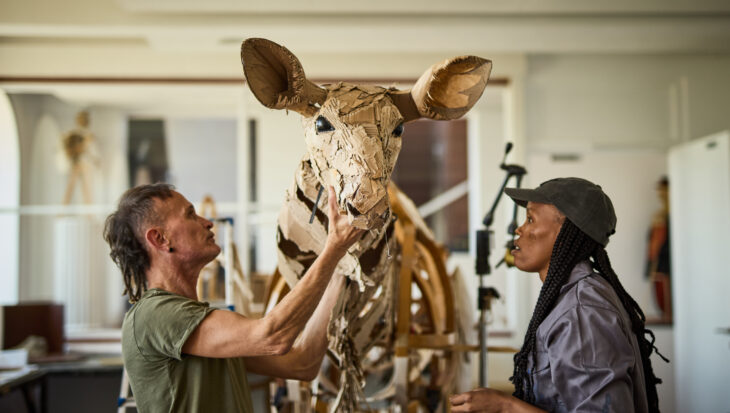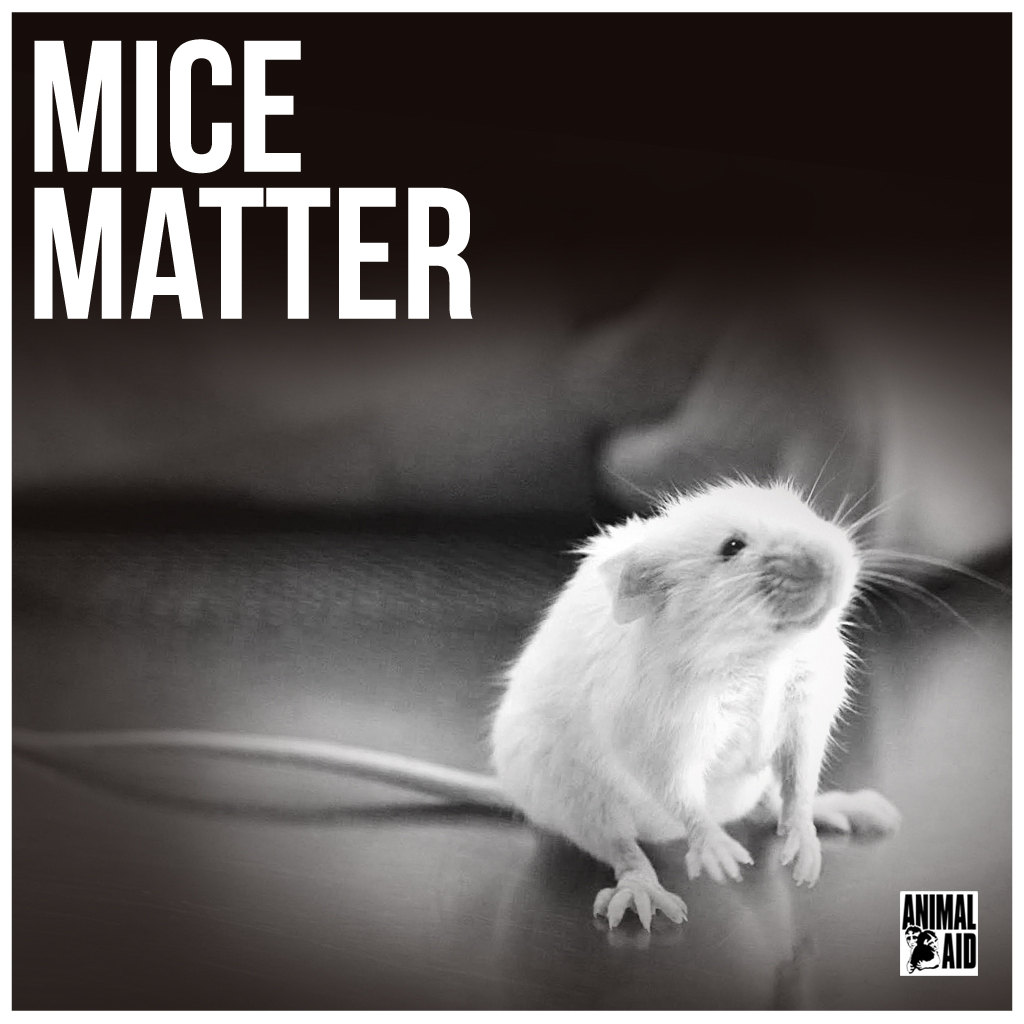‘The Herds’ will be arriving in London this Friday!
Have you heard? A breathtaking arts initiative, ‘The Herds’ will be arriving in London this Friday.
Posted 27 Jun 2025

Posted on the 24th April 2017
Animal Aid’s newest campaign aims to educate people about the sensitivity of mice; how this cannot be accommodated in laboratories; how mice deserve the same consideration as other animals and how they differ from humans. Animal Aid will also debunk the myths around the use of mice in research.

Even if an animal is small, if we are unfamiliar with how they live in the wild or if they are not popular with the public, they should still be treated with consideration and care, just as larger, more familiar animals are, such as dogs and cats. Mice are intelligent animals, who feel pain in a comparable way to people.
Laboratory cages can never replicate the complexity of life experienced by a mouse in the wild. No matter how ‘enriched’ a cage is, caged animals cannot control where they go, burrow, escape unpleasant things or explore. Even moving and cleaning cages causes stress in animals. Additionally, prey animals like mice tend to hide signs of pain or distress, which makes them completely unsuited to the time-constrained laboratories in which they are kept.
To find out more about the complex and fascinating lives of mice, how they suffer in laboratories, the torments they endure and why they should not be used in laboratories, please visit our Mice Matter campaign page.
To order our new ‘Mice Matter’ leaflets, please contact us on 01732 364546 or email info@animalaid.org.uk
Order an ‘End Animal Experiments’ PackHave you heard? A breathtaking arts initiative, ‘The Herds’ will be arriving in London this Friday.
Posted 27 Jun 2025

As the greyhound racing industry releases its annual data on the number of dogs’ deaths, a raft of well-known names - alongside their canine friends - has called upon the Government to end greyhound racing....
Posted 26 Jun 2025
